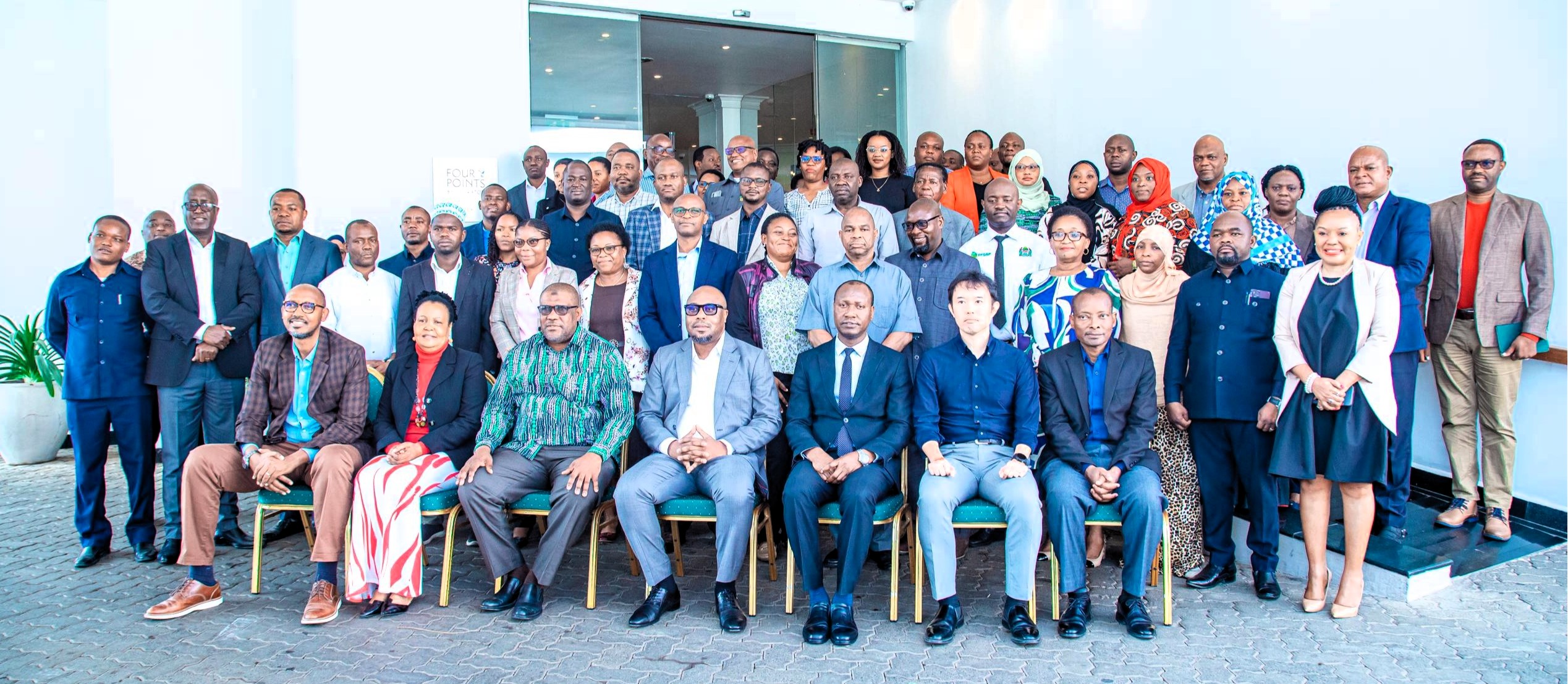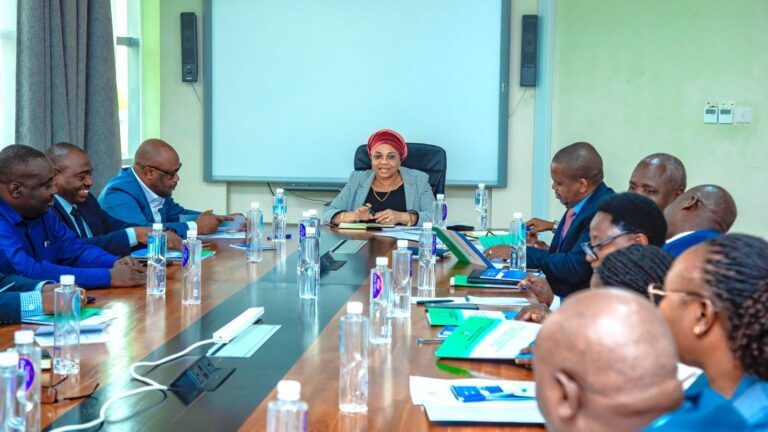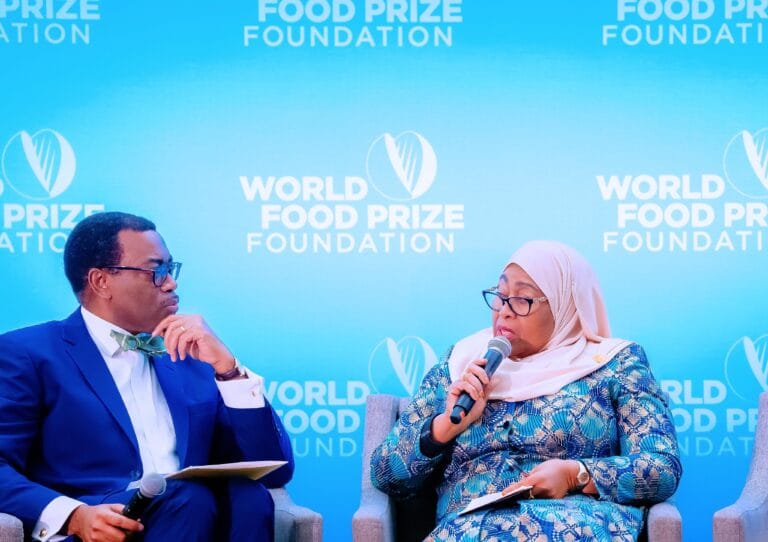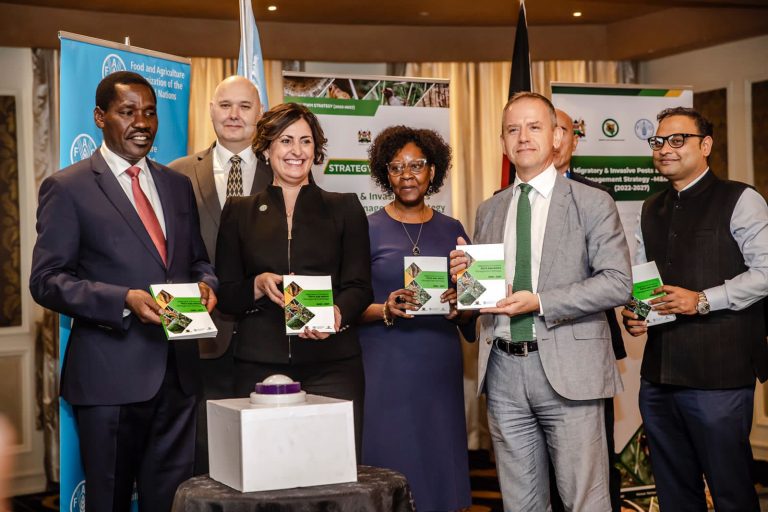Tanzania Permanent Secretary in the Ministry of Agriculture, Mr. Gerald Mweli, has said the government recognizes and values the contribution of the private sector in driving agricultural transformation as outlined in the Agriculture Master Plan. He emphasized that the government will continue working with private players in policy, economic, and investment areas.
Mr. Mweli made the remarks on September 16, 2025, in Arusha while opening a three-day review workshop organized by the Ministry of Agriculture in collaboration with the World Bank. The forum aimed to assess the implementation of the Tanzania Food Systems Resilience Program (TFSRP) to improve its execution.
He highlighted key priority areas for private sector investment under the program, including agricultural value chains, wheat, and edible oils. He encouraged private stakeholders to focus on cooperatives, describing them as effective structures for management, and urged them to visit cooperative societies to learn, assist farmers, and provide advice to the government.
On the role of Information and Communication Technology (ICT) systems, Mr. Mweli stressed the need for interoperability, noting that several government systems already exist. Through TFSRP, these systems are expected to provide solutions and enhance user capacity.
He further noted that the Mainland Ministry of Agriculture will continue collaborating with the Ministry of Agriculture, Irrigation, Natural Resources, and Livestock in Zanzibar in implementing the program. In Tanzania, the initiative focuses on research, seeds, extension services, soil health, and securing the national agriculture budget.
The Tanzania Food Systems Resilience Program (TFSRP) is a five-year initiative running from 2023 to 2028 with funding of over USD 300 million.
The workshop brought together experts from the agriculture ministries of both Mainland and Zanzibar, private sector representatives, and development partners, including the Agricultural Development Bank and the Japan International Cooperation Agency (JICA), alongside other key stakeholders in agricultural value chains.









